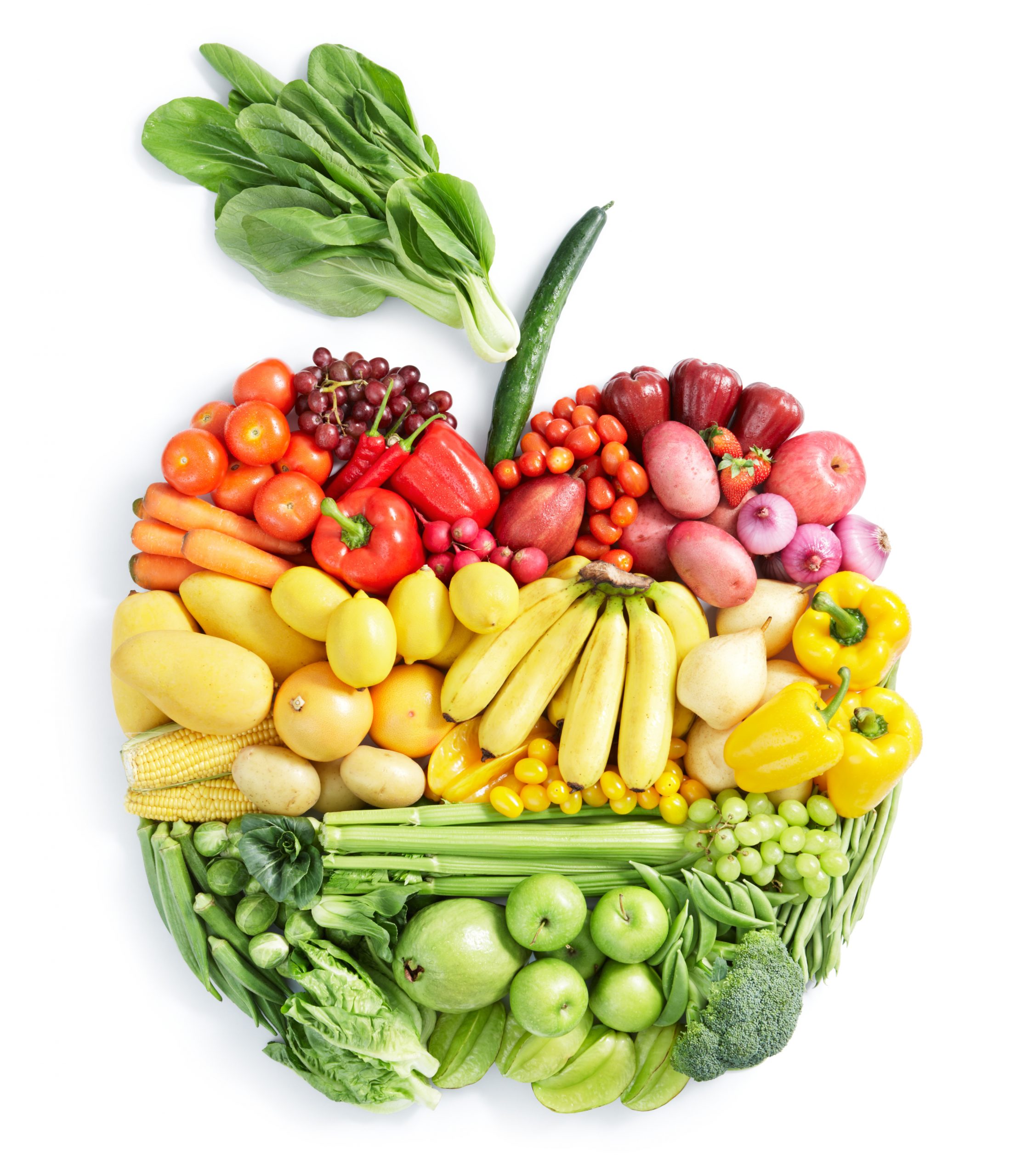Unlocking the Potential of Food
March is Nutrition Month! Every year Dietitians of Canada picks a theme for the month, this time it’s Unlocking the Potential of Food. During March we’ll be talking about food’s ability to fuel, heal, prevent disease, and bring people together. So today let’s talk about how foods that fuel us well and help us prevent disease. Can food really do all this? Let’s take a trip across the Pacific to Japan to find out!
The Okinawans are a settlement of people off the coast of Japan that have one of the greatest number of centenarians in the world. This means they have a lot of people living past 100. The Okinawans have very low rates of heart disease, cancer, obesity, and chronic diseases are virtually non-existant. So let’s dive into their diet; why do Okinawans live healthily for so long?
Dietary Features
Very low meat consumption. Meat is only consumed for special occasions with the exception of fish which is eaten a few times a week
- Lower in calories than a typical Western diet (about 500 fewer calories per day)
- Low in grains, starches come from root vegetables such as purple yams
- No processed foods
- No/very little diary
- High in soy and legumes
- No genetically modified foods
- Emphasis on yellow/green vegetables
- Mindful eating practices and avoiding overeating 1,2

The Okinawans consume a very nutrient dense diet while eating fewer overall calories. They choose very efficient fuel sources for their active lifestyle. They also eat to the point of feeling 80% full instead of overtaxing the body with digestion. The diet is also high in healthy fats (through fish), which keep inflammation down in the body. Inflammation can lead to several chronic diseases 3 . The diet is also high in antioxidants and phytonutrients from plant sources, which scavenge for harmful free radicals, preventing damage to cells.
Now we know there’s an association between eating this type of diet and living longer, that doesn’t mean the diet necessarily causes this outcome. However, this longevity advantage is disappearing and experts believe it’s due to the introduction of Westernized society onto the island. 4 Along with Westernization comes the introduction of processed and packaged food and a greater number of calories.
So how does this translate into your life? Try to incorporate more fresh foods into your diet, and focus on plant-based sources of protein (choosing non genetically modified soy when possible). Also practice mindful eating where you eat to the point of feeling almost full, not overstuffed. This means removing any distractions during meal time, so put that phone down and get chewing!
References
1. Robbins J. Healthy at 100. Ballantine Books: USA.
2. Willcox DC, Scapagnini G, Willcox BJ. Healthy aging diets other than the Mediterranean: A focus on the Okinawan diet. Mechanisms of Ageing and Development. 2014. 136; 148-162.
3. Danesh J, Wheeler JG, Hirschfield GM, Eda S. C-reactive protein and other circulating markers of inflammation in the prediction of coronary heart disease. New Eng J Med. 2004. 350; 1387- 1397.
4. Gavrilova NS, Gavrilov LA. Comments on dietary restriction, Okinawa diet and longevity. Gerontology. 2012. 58; 221-223.

